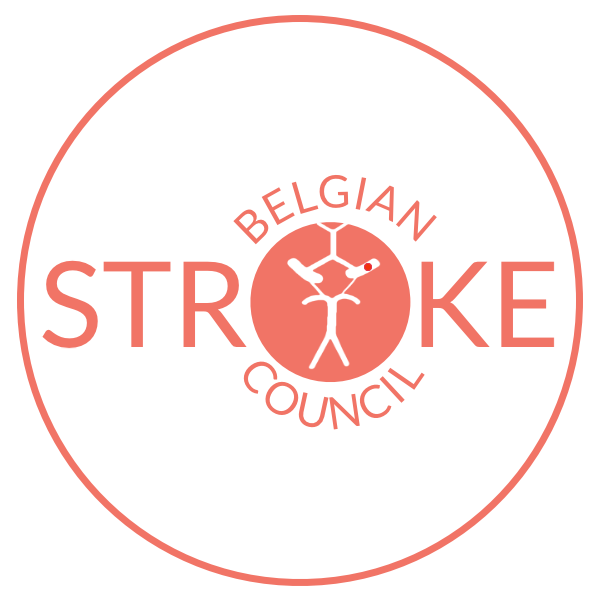UPDATE ON THROMBOLYTIC DRUG SHORTAGE
BELGIAN STROKE COUNCIL – UPDATE ON THROMBOLYTIC DRUG SHORTAGE
Thrombolytic drug shortage is expected to last until 2024. The manufacturing company is limiting supply to all countries worldwide. Currently, the impact on future drug delivery is still unclear. However, for the month October, drug delivery will be further restricted.
Additionally, the production of Actosolv, mainly used for IV cathether obstruction, has not yet been resumed and will likely become unavailable from January 2023. With the help of Belgian experts, FAGG/AFMPS has released guidance for hospital pharmacists and medical doctors concerning the shortage of thrombolytic drugs. The guideline serves the purpose of making other medical specialities aware of the shortage and restricting the use of thrombolytics for non-urgent indications. Centralisation of hospital stock and monitoring of local usage is highly recommended. With regards to treatment of ischemic stroke, increased use of MRI or CT perfusion imaging isrecommended to avoid treating stroke mimics as much as possible, avoiding off-label alteplase use and optimalisation of alteplase dosing using complete vials of 20 and 50mg, taking into account local availability of both dosages, is advised to avoid wastage.
Read the FAGG recommendation here:
Dutch: https://tinyurl.com/4hf5xvxp
French: https://tinyurl.com/c7av4k4c
Belgian Stroke Council recommendation:
Avoiding tPA wastage by limiting the use of 2x 50mg vials and rounding to full vial dosages.
As a rule of thumb we suggest:
- 60 kg: 1 x 50 mg
- 70 kg: 3 x 20 mg
- 80 kg: 1 x 20 mg + 1 x 50 mg
- 90 kg: 4 x 20 mg
- from 100 kg: 2 x 20 mg + 1 x 50 mg
Store excess or mistakenly opened vials for up to 24 hours in the refrigerator for later use.
Furthermore establish communication with the hospital pharmacy: regularly (at least once a month) evaluate the status of the hospital tPA stocks and if necessary, adjust the dose schedule in function of the stocks.
Read also the ESO communication:







